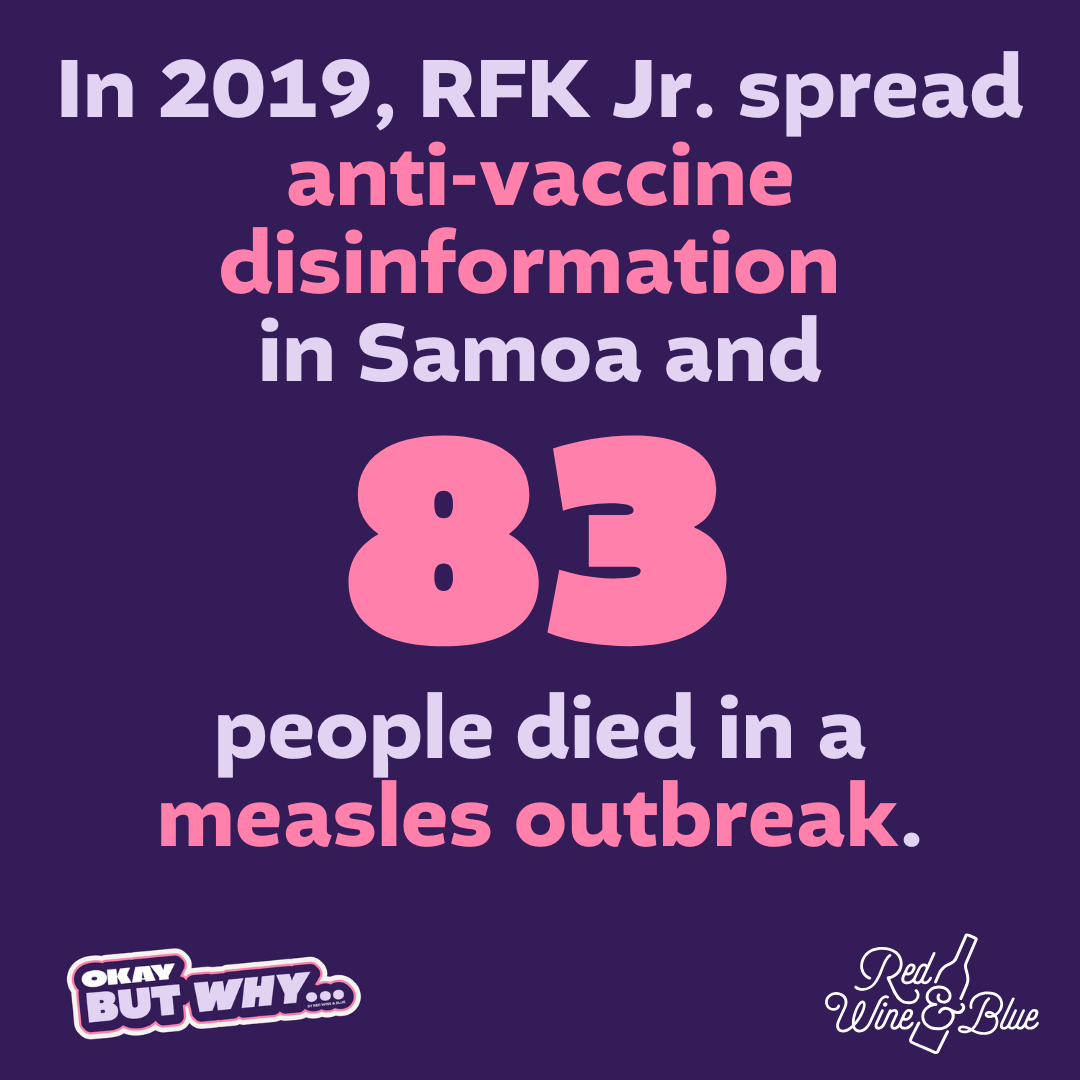
Okay, But Why Are People Drawn to Conspiracy Theories?
These days, it feels like conspiracy theories are everywhere. There are message boards and YouTube videos full of true believers convinced that they’ve stumbled onto the truth behind the curtain.
And some of these outlandish theories have caused real harm, like the harassment of grieving parents after the Sandy Hook school shooting, the resurgence of measles, and the insurrection at the Capitol on January 6th.
So why are people drawn to conspiracy theories? What real harm do they cause? And how can we help a loved one come back to reality?
Conspiracy Theories Are Not New
Humans are natural problem-solvers. It’s how we built the internet, and the Eiffel Tower, and even the concept of democracy. We observe the complicated world around us, synthesize it, and draw conclusions that help us survive and thrive. It helps us feel a sense of order and control in a world that can feel chaotic and overwhelming.
In times of turmoil and upheaval, it can be disorienting not to know why things are going wrong. When people are feeling afraid, like the world is out of control, we turn to simple explanations that help us make sense of things. Even a scary conspiracy theory, like the idea that a powerful shadowy cabal is controlling everything behind the scenes, gives the believer a sense of order.
That’s why conspiracy theories have been around since the beginning of history. Archeologists have found conspiracy theories scratched into walls in ancient Roman ruins – people posited that Emperor Nero started the great fire of Rome, and in turn Nero came up with a theory that the Christians started the fire. And conspiracy theories about witches in the 17th century arose in a time of social unrest and a smallpox epidemic, leading to the tragic executions of more than a dozen women and girls during the Salem Witch Trials.
Conspiracy Theories in the Modern Age

Unfortunately, unfounded and false conspiracy theories are still causing real harm. Fears over vaccines, and the idea that the government is somehow secretly manipulating us with them, have caused hundreds of thousands of deaths. The National Library of Medicine estimates that at least 230,000 deaths from Covid-19 could’ve been prevented with vaccinations just from 2021 to 2022 alone. And we’re currently in the midst of a measles outbreak after eliminating the disease in the US in the year 2000. The disease has seen a resurgence as vaccination rates have dropped due to disinformation.
Likewise, we have almost universal agreement among scientists that climate change is real, and yet conspiracies about it continue to be pushed by members of the Trump Administration. Project 2025, the far-right extremist playbook that’s been the road map for this administration, recommended that the National Oceanic and Atmospheric Administration be dismantled for driving what it called the “climate change alarm industry.” (We call it science!)
It’s particularly troubling that many of our political leaders right now are encouraging these types of conspiracy theories, and it’s not just about climate change. The Secretary of Health and Human Services, Robert F Kennedy Jr., is a well-known conspiracy theorist. He’s pushed easily-debunked theories about chemtrails, vaccines, and even denying the existence of AIDS.
Are People Who Believe Conspiracy Theories Really Happier?
Conspiracy beliefs are a response to anxiety and uncertainty, but they don’t actually make people feel better. In fact, research in the journal Current Opinion in Psychology shows that conspiracy theories increase feelings of powerlessness, fear, and anti-social behavior. And that’s not to mention all the real-world consequences we’ve mentioned already.
So if someone you love is in the grips of a conspiracy theory (or several), how do you help them?
It’s tempting to think that we can argue people into seeing the light. If we just show them the facts, if we just prove it to them, surely they’ll stop believing. Unfortunately, exactly the opposite is true. The more you argue with someone, the more they dig in their heels. If you offer Exhibit A to show that of course the Earth is round, we’ve measured it in a thousand different ways, they’ll say, “That’s what they want you to think.” If you show them a picture of Earth from space, they’ll tell you that those pictures are fake. Even just repeating the conspiracy theory in the first place further cements it into people’s minds.
“Fact-checking is not an effective way to refute disinformation, because you don’t want to repeat the lie. Even the repetition of it embeds it in their memory as a factoid they draw on later, disconnected from whether they remember it was true or false.”
Instead, it’s better to ask questions that might cause them to doubt the conspiracy theory. It’s also important to affirm the beliefs you do have in common. Many conspiracy theories, as strange as they may seem, center values that most of us share, like protecting children. And as anti-social as many of these conspiracy groups seem, they’re actually creating a close-knit community within the group that believes. We all need community, and we’re in a moment of increased isolation, so alienating loved ones who believe in conspiracy theories will only drive them further into the comfort of their conspiracy community.
If we hold onto our values, pay attention to experts, value evidence, and treat each other with respect and compassion, we can all make it through this moment of turmoil . . . together.
Visit our Troublemaker Resources page for videos and explainers on how to talk to family and friends about tough topics.
